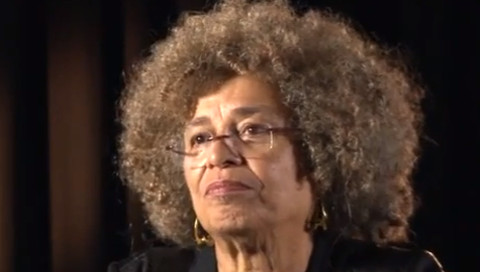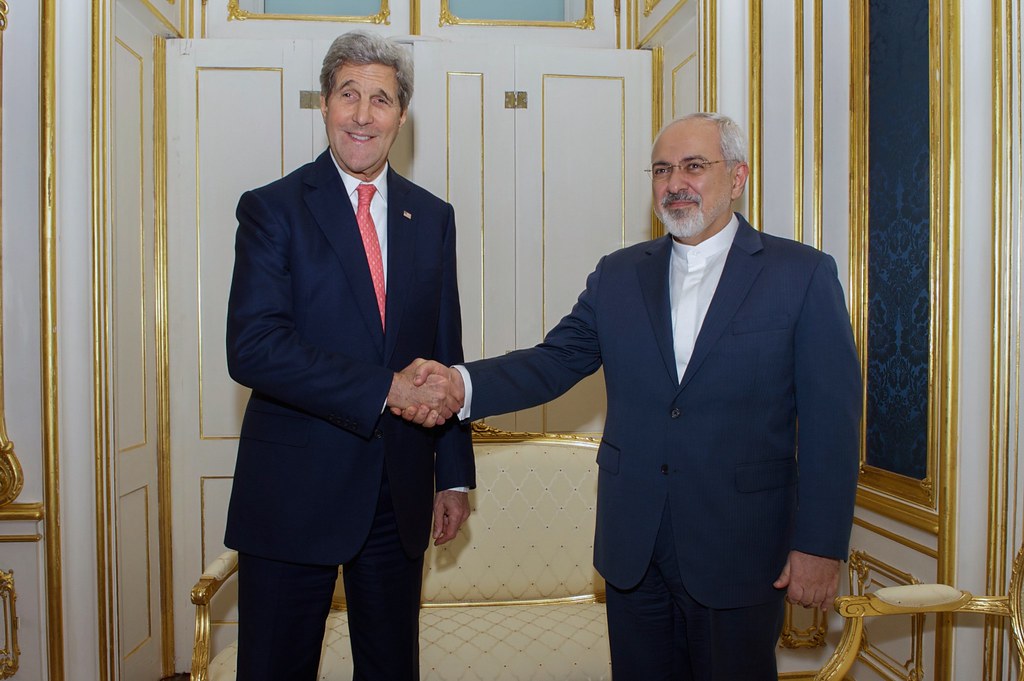By Mike Lupica
June 4, 2016

We kept watching him that night in Las Vegas, in October in 1980, slumped on his stool between rounds, watching Larry Holmes take round after round from him, watching and waiting for there to be a round or at least a moment when Muhammad Ali would be young again, when no one could decide whether his hands were even faster than his feet.
This should have been the end of it for him, a 60th fight in a parking lot at Caesars Palace, against an opponent who was still young, and too long, and too good. Ali was dehydrated that night in Vegas, and it would be reported later that the athletic commission in Nevada had ordered him to the Mayo Clinic before that fight with Holmes, for a neurological examination. It showed, among other things, that at the age of 38, closer to 39 than 38, he had difficulty with something as basic as hopping on one leg. This man who once floated like a butterfly, and stung like a bee.
Ali would fight one more time, in 1981, in the Bahamas, against Trevor Berbick, and lost in 10 rounds. But the last shot at the title, the last doomed chance for him to once again be heavyweight champion of the world, was against Holmes. He was old, and he was weakened from thyroid medication he’d taken to lose weight before the fight, and you could see that night that Holmes not only didn’t need his whole game, he refused to use it.
“I never go all out when a guy is hurt,” Holmes said later. “And Ali was hurt.”
But even the way he looked that night, old and slow and tired, Ali still could not make you forget what he was like when he was young, when he really could float like a butterfly and sting like a bee and call himself prettier and better than everybody else. He could never take away the memories he gave us, when he was as great a star as sports has ever produced in this country.
There was Babe Ruth before him and then Michael Jordan later, DiMaggio and Willie Mays and Mickey Mantle and Tiger and LeBron and Brady and Manning and Serena and anybody else you care to put on the list.
Nobody was ever bigger than Ali was. In so many ways, he was the first completely modern sports star.
Now he is gone at the age of 74, this man whose talent was as loud as he was and who spent the last three decades of his life quiet, because Parkinson’s took everything from him. It is impossible it didn’t take his own memories. Just not ours.
He first won the title in 1964 and won it for the third time in 1978, from Leon Spinks. He fought with his own government, because he said he didn’t have a quarrel with the Viet Cong, fought against the haters who hated that he had become a Muslim and called him a draft dodger, and wanted to send him to jail for draft evasion. He was stripped of his title, and lost four years out of what should have been such a splendid prime. But then he came back, and finally there was the night in 1971 when it was finally him against Joe Frazier for the title. There had been other moments at Madison Square Garden, the old one and the new one. Willis Reed had limped out to play Game 7 one night a few years before. But there had never been a night quite like Ali-Frazier I, which ended up with Frazier putting Ali down with a left hook that seemed to come from lower Manhattan.
Maybe that was the night when people fully realized how tough Ali was, that he was more than a dancer and jabber and even a poet. Because he got back up after taking that punch. Then he came back and beat Frazier by a decision in Ali-Frazier II, also at the Garden, in January of ’74. And he still hadn’t fought the two most famous fights of his life yet, against George Foreman in Zaire in the fall of ’74, when he finally came off the ropes and thrilled and dazzled the world again.
Finally, of course, there was the Thrilla in Manila, a fight and a night that defined both him and Joe Frazier, Frazier’s trainer, the great Eddie Futch, finally throwing in the towel before the 15th round. Now we knew, for all times, how tough both of them were.
“Man, I hit him with punches that would bring down the walls of a city,” Frazier would tell Mark Kram after that fight was over for Kram’s piece in Sports Illustrated, one of the most beautiful pieces of writing in the history of sportswriting. “Lawdy, lawdy, he’s a great champion,” Smokin’ Joe Frazier said.
This was a fight that was for the championship of each other, once and for all. In all of most meaningful ways, this was the most famous heavyweight fight of them all. And Muhammad Ali, the former Cassius Clay, the kid with the big voice and bigger smile out of Louisville, out of the ’60s, said this when it was over:
“It was like death. Closest thing to dyin’ that I know of.”
Now he is gone, after more than 30 years of Parkinson’s, the disease stealing that voice, and all of his physical grace. After all the noise, and bright lights, and controversy and even the meanness he showed to Frazier when he called him a gorilla; after all that, Muhammad Ali, of all people, lived out his life in quiet, until his body finally gave out for good in Arizona on Friday.
He was a child of the ’60s, and always childlike, but a proud man of conviction, and a total and complete American original, one who changed everything in sports, for all the stars who would follow him. Even when he could barely light the Olympic torch in Atlanta in 1996 because of shaking hands − because Parkinson’s had even made those hands weak − he could still do what he had always done:
He made the world stop and he made the world watch. And, with the world watching, so much older than his years, he made us remember what he was like when he was young, and the greatest of them all.





